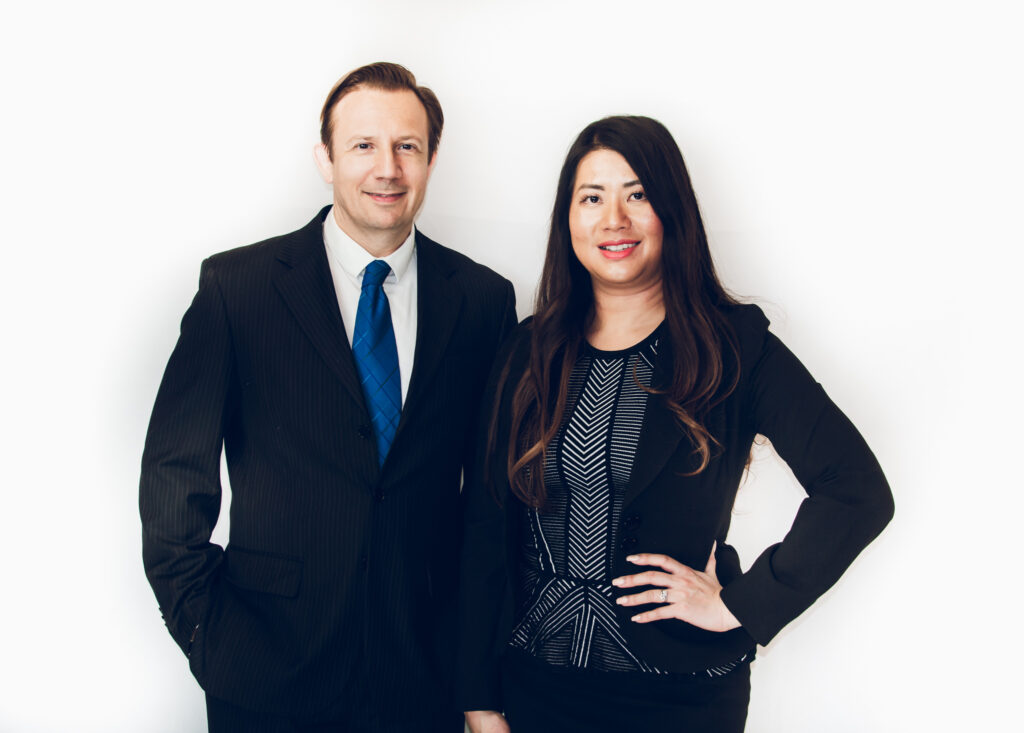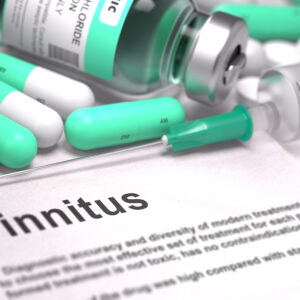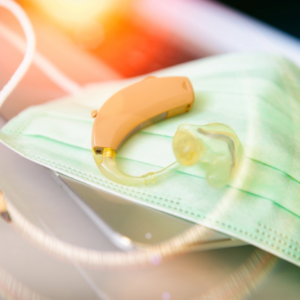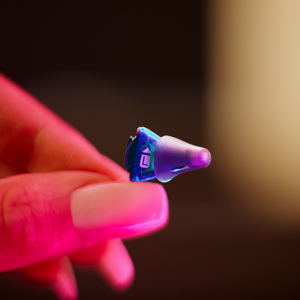
Auditory processing disorder (APD) is a neurological condition that impacts how the brain interprets and understands auditory information. Unlike hearing loss, individuals with APD typically have normal hearing capabilities but struggle with processing and making sense of the sounds they hear. This article delves into the various facets of APD, exploring its characteristics, diagnosis, and management strategies.
Auditory Processing Disorder (APD) occurs in children with normal hearing levels.
Signs of Auditory Processing Disorder:
- Difficulty understanding speech sounds – Those with APD may struggle to discern different speech sounds. This can lead to misunderstandings and misinterpretations during day-to-day conversations.
- Learning challenges – APD can hinder language development, and negatively impact on reading comprehension, writing skills, and overall comprehension abilities.
- Noise sensitivity – Individuals with APD often find that noisy situations with a lot of background noise can make listening even more difficult.
- Concentration and attention deficit – APD may coexist with Attention-Deficit/Hyperactivity Disorder (ADHD). This results in extra challenges when trying to maintain focus and attention during listening tasks.

Diagnosis of Auditory Processing Disorder (APD)
The diagnosis of APD is provided by specialist audiologists who work in the APD field. Diagnosing APD involves comprehensive evaluations conducted by the audiologist.
- Audiological Assessment – A comprehensive assessment of hearing is carried out to rule out hearing loss, ear infections, and other audiological conditions as the cause of hearing difficulty.
- Behavioural Observations – During the appointment, the paediatric audiologist observes the child’s responses and behaviour to various instructions and auditory stimuli.
- Standardised Testing – The audiologist uses standardised measures and tests to evaluate a range of auditory processing skills including spatial processing, auditory memory, and auditory discrimination.
- Results analysis – Following the testing appointment, the audiologist spends time to analyse individual results to see whether a diagnosis of APD is appropriate for the child.
- Recommendations and treatment options – The audiologist will make recommendations for treatment programs for the child, depending on the results obtained.
Auditory Processing Disorder in Children
Auditory Processing Disorder often surfaces during childhood, impacting on a child’s academic performance and social development with their peers.
Children with APD may exhibit the following behaviours:
- Difficulty following instructions
- Struggle to follow verbal directions, especially in noisy environments (eg. classrooms)
- Poor academic progress in areas such as reading, spelling and language comprehension
- Challenges with peer social interactions
- Children can often feel isolated and misunderstood as a result of communication breakdowns
Managing Auditory Processing Disorder
APD can be treated with various interventions to help individuals manage its effect and improve on their auditory processing abilities.
Auditory Training
Auditory Training consists of structured exercises designed to enhance auditory processing skills. Ability Hearing and Balance offers a home-based auditory processing training program backed by over 30 years of neuroscience research. Tasmanian children who have participated in the program have reported an impressive average of 1.8 years of grade-level reading gains over a very short period of time. You can read more about our auditory training program here.
Earbuds and Classroom modifications
Earbuds and classroom modifications through the use of remote microphones can help those with APD minimise the negative effects of background noise. This helps to optimise the auditory environment to facilitate better comprehension. Read our blog on amplification devices for APD here.
Educational Support
Implementing classroom and communication strategies form a big part of supporting children diagnosed with APD. The audiologist will tailor a strategy specific for your child’s situation and provide further information for caregivers and educators on how best to help support your child’s listening environments.
Results-driven Auditory Processing Testing and Training
Ability Hearing and Balance is an independent, Tasmanian-owned hearing clinic located across Tasmania. Our audiologists have been working with APD children and adults for over 20 years. Our clinic provide evidence-based APD treatment training programs that is backed by over 30 years of neuroscience research. Contact us on 1300 EAR PRO (1300 327 776) to see why our clients choose to trust us with their hearing needs.



